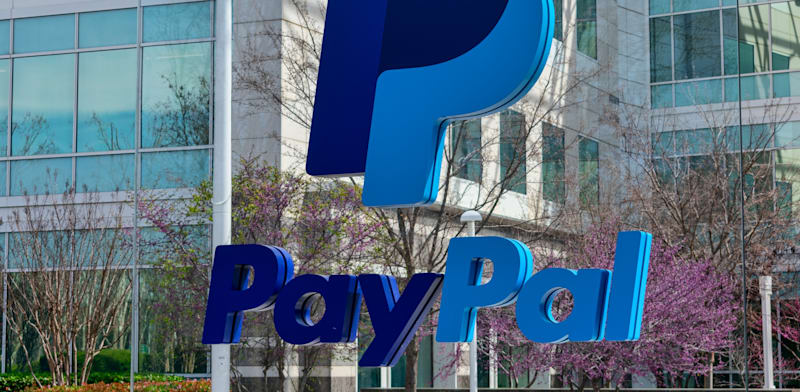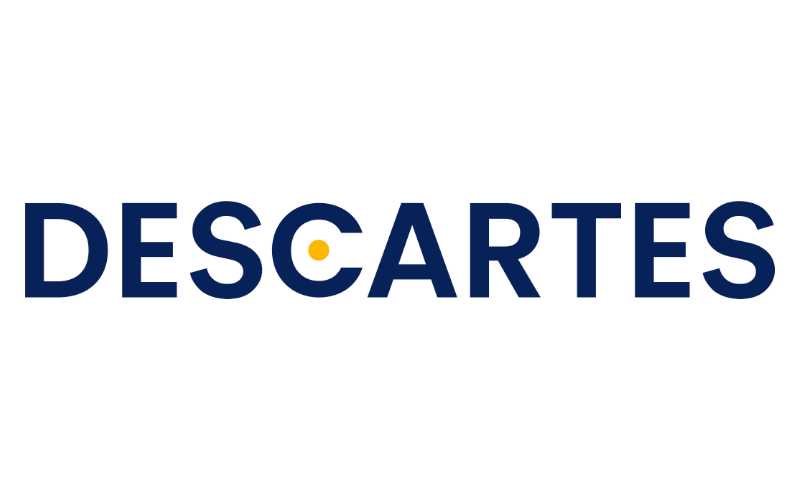By Bill Hortz, Founder and Dean, Institute for Innovation Development and Andrew Jones, SVP, Ultimus LeverPoint
Studies and data have consistently shown that minority-owned businesses receive and have less access to financing historically than non-minority-owned firms. This stifles their growth and often limits the economic impact of such firms. Undercapitalized companies struggle for sales and profits, create fewer jobs, and are at greater risks of failing.
While providing support to these minority-owned businesses can be seen as a socially responsible act, establishing fairness and equal access to the American dream, there are important economic benefits to consider as well. A case can be made that investing in minority-owned businesses is a key to unlocking continuing innovation, broadening regional economic development, especially in underserved communities, and an economic necessity for contributing to the small business backbone of the American economy.
To better understand the dynamics, lay of the land, and how we can best support minority-owned businesses, Ultimus LeverPoint’s Andrew Jones, SVP, Business Development, interviewed fund manager, Darrin M. Redus, CEO of the Minority Business Accelerator, an affiliate of the Cincinnati USA Regional Chamber, who developed investment vehicles that rally support for these vital businesses.
Jones: What kind of local/regional support networks or entrepreneurial ecosystem exists to support minority-owned businesses? Who are the key players and how do they provide support?
Redus: The most notable support networks for minority-owned businesses are the National Minority Supplier Development Council (NMSDC) with 24 affiliate offices throughout the country, as well as the Minority Business Development Agency (MBDA) which is part of the Department of Commerce and also has offices and affiliates throughout the country. In addition to these long-standing organizations, there are also various state and city-run programs, as well as a surge in early-stage tech accelerators that have emerged over the past decade in support of minority-led startups and tech founders.
Jones: Can you describe how your organization is structured, its strategic goals, and how you fit within this entrepreneurial ecosystem?
Redus: Our organization focuses on growing larger-scale minority-owned businesses (those firms generally in excess of $1 Million in annual revenues) that are also poised to do business in the supply chains of large corporations in capitalizing on corporate commitments to deepen relationships and spending with a diverse set of suppliers. We have a portfolio of such businesses that collectively do over $1 billion in aggregate annual revenues, and we have specific objectives in place to grow this to over $2 billion in aggregate revenues in the next 3 years.
Jones: What kind of work does your program do?
Redus: We provide comprehensive management and technical assistance to high growth minority-owned businesses, much like a boutique consulting firm, with the primary goal of strengthening the operating capacity and capital readiness of our clients to optimally position them to attract larger contracts and growth opportunities, as well as supporting and facilitating the accompanying financial and broader set of resources that our clients require to be able to execute against these growth opportunities.
Jones: How do you go about determining and engineering the right support from available internal and local/regional resources for each specific minority business owner’s needs?
Redus: Our support for each client is first rooted in a comprehensive business assessment and SWOT analysis to determine critical gaps in the business and accompanying growth opportunities. The assessment leads to a customized growth plan for each business, which is then further supported by our team of seasoned business professionals and expansive network of subject matter experts ranging from systems, marketing, and information technology, to name a few, to ensure that we address any identified need or growth opportunity of the business.
Jones: What are the criteria and metrics you use to determine the right minority businesses and business leaders who embody the entrepreneurial spirit and business acumen for your program?
Redus: Our general criteria consist of the following:
- Minimum annual revenues of $1 million
- A business-to-business (B2B) or business-to-government (B2G) business model
- The desire and demonstrated ability on the part of the business owner to become a multi-million-dollar enterprise (minimally doubling in size 3-5 years)
Jones: Can you share with us the details of some of the minority businesses in your program?
Redus: Having recently completed our 18th year in business, we have numerous success stories with over 70 minority-owned businesses supported to date, with the average size of each firm at approximately $30 Million in annual revenues, and collectively creating over 3,500 jobs since inception. Several of our portfolio companies are in excess of $50 Million in annual revenues, with a few exceeding $100 Million.
Jones: Why is it so important to strengthen and expand the local/regional minority entrepreneurial community?
Redus: In an increasingly diverse society, solving for economic disparities ensures that more of our regional and national population is meaningfully contributing to the economy which creates more jobs, investment opportunities and economic vibrancy for all citizens.
Jones: What are some of the minority business areas you see as needing the most support at this time and why?
Redus: Historically minority businesses have skewed towards smaller scale, lower-growth businesses that required minimal start-up and operating capital given well-documented disparities in access to capital. To truly address lingering (and in many cases widening) economic disparities, a focus on more scalable businesses (particularly in higher growth industries), along with capital intensive sectors such as manufacturing represents a significant need and growth opportunity.
Jones: How does creating a fund vehicle versus just asking for donations help support or expand your efforts?
Redus: Creating a fund vehicle demonstrates that supporting minority business growth represents a solid investment opportunity with the potential to attract market returns for investors rather than continuing to treat minority business solely as a charitable strategy.
Jones: From your experience, what have you found to be the best ways to be a good steward of this important process for the portfolio companies and the greater community involved?
Redus: Transparency, regular communication, and accountability towards shared metrics.
Conclusion
Overall, to create change, diversity and inclusion, those elements must be integrated into business infrastructure, managerial capability and the employee experience. Private equity and venture capital firms, as well as PE/VC backed companies certainly have an opportunity to lead in diversity and inclusion. The nature of the private equity industry—investment strategies and ownership structures, leave room to be nimble—could prove a big advantage in accelerating change.
Ultimus LeverPoint is committed to fostering and supporting a culture of diversity, equity and inclusion. If you are interested in learning more about supporting minority-owned businesses through private equity and venture capital funds, we’ll be happy to connect you with one of several clients with experience and knowledge, such as Darrin M. Redus featured in this article.
The views and opinions expressed herein are the views and opinions of the author and do not necessarily reflect those of Nasdaq, Inc.






































